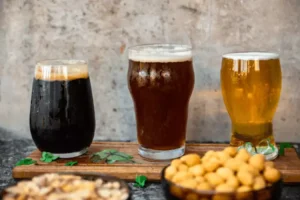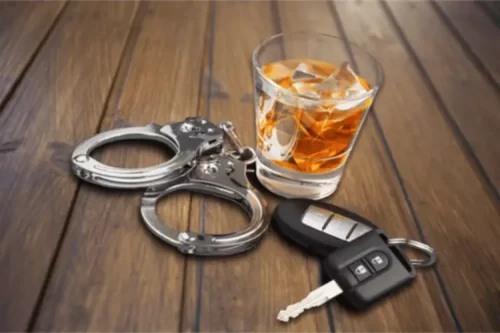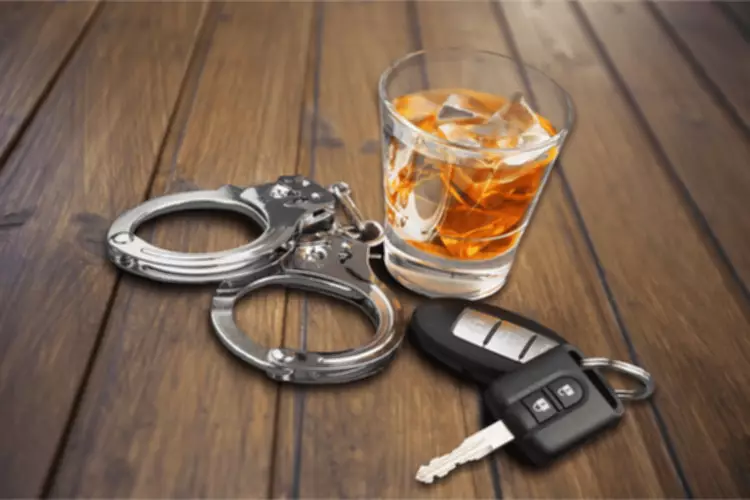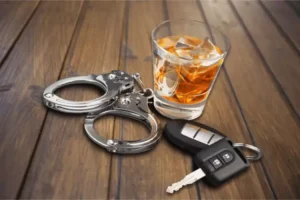
Alcohol and panic attacks share a complex relationship that affects many individuals struggling with anxiety disorders. While some what is alcoholism turn to alcohol as a way to temporarily relieve stress and anxiety, this coping mechanism can backfire. Drinking alcohol can actually trigger panic attacks in susceptible individuals due to its effects on brain chemistry and bodily sensations.
Adderall and Alcohol: Effects, Risks, and Safety Considerations
- Many people also find motivational interviewing (MI) helpful, as it strengthens your motivation for change while helping you envision a different future for yourself.
- If you are worried about your drinking and don’t feel you can stop, you should seek professional advice or speak to a telephone helpline such as Alcoholics Anonymous or The Samaritans.
- The withdrawal period normally peaks 72 hours after the blood alcohol level drops.
- If you or a loved one uses alcohol to cope with anxiety, especially during socializing, it may lead to being dependent on alcohol, especially in social settings.
- Sweating, particularly night sweats, affects 50-70% of individuals with alcohol-induced anxiety disorder.
- Explore prescription drug addiction treatment options to learn more about recovery resources and contact an addiction specialist directly today.
Adderall works by increasing certain brain chemicals,1 particularly dopamine and norepinephrine. As a stimulant medication, Adderall increases alertness, focus, and energy levels. While anxiety attacks and panic attacks are different, the way we respond to them is largely the same. The goal isn’t to obsess over which one you’re experiencing but to avoid getting caught up in compulsive safety behaviors.

Health topics

Individuals with alcohol use disorder (AUD) or a history of alcohol dependence are also more likely to experience anxiety during withdrawal. Chronic illnesses, such as liver disease or cardiovascular conditions, can interact with alcohol use to worsen anxiety symptoms. A panic attack is a sudden episode of intense fear accompanied by a variety of physical symptoms despite no apparent danger.
- It will stop working once the alcohol leaves your body, and if you continually drink to quash your panic attacks, this can lead to long-term damage.
- This is why some people can wake up feeling embarrassed about things they said or did.
- Alcohol is a drug like any other, and anything that affects your body like alcohol does has the potential to contribute a great deal to your panic attacks and anxiety more generally.
- It takes your body and liver about eight hours to remove what’s essentially a poison.
Personalized intensive therapy from home
- Our daily research-backed readings teach you the neuroscience of alcohol, and our in-app Toolkit provides the resources and activities you need to navigate each challenge.
- Difficulty concentrating can be worsened by other symptoms like anxiety, restlessness, and sleep disturbances.
Sleep disturbances, including insomnia and poor sleep quality, affect 60-80% of individuals with alcohol-induced anxiety disorder. While alcohol initially acts as a sedative, helping people fall asleep faster, it disrupts the sleep cycle, particularly REM sleep, leading to fragmented and non-restorative sleep. Sleep disturbances are more common during withdrawal and can persist for weeks or months after stopping alcohol consumption. Nervousness affects 60-80% of individuals with alcohol-induced anxiety disorder. This symptom arises from alcohol’s disruption of neurotransmitter balance, particularly gamma-aminobutyric acid (GABA) and glutamate.
Coping with Persistent Panic Attack Symptoms
While alcohol can calm anxiety temporarily, it only makes things worse in the long run. Even small amounts of alcohol trigger a detox process in your body, affecting your central nervous system and causing anxious feelings. Diet, hydration, and caffeine consumption play crucial roles in how alcohol affects anxiety levels. These factors can either exacerbate or mitigate alcohol-induced anxiety symptoms. These effects may manifest through physical sensations and changes in https://ecosoberhouse.com/ behavior.

While telehealth and Zoom meetings filled the vacuum for some, others, who were not digital natives, slipped. Meanwhile, alcohol sales in the United States increased by 34 percent at that time, according to a researcher at the Washington University School of Medicine. Our flexible treatment options mean that if you’re struggling with alcohol use and panic attacks, you can get access to the support you need in order to alcohol and panic attacks get your life back on track. Nature or ‘green therapy’ has a proven effect on anxiety levels and calming panic attacks. The first step is to get a thorough evaluation from your primary care doctor or a mental health professional.

Does Exercise Reduce the Risk of Depression?
Relaxation techniques, such as practicing mindfulness, can help reduce panic, Oeswein says. Here are a few ideas for mindful breathing exercises to help you relax. Dr. Lin has held an academic appointment at UTHealth, and he has spent his professional career supervising and teaching medical students and psychiatry residents. However, it is important to use this medication under strict medical supervision. Patients typically experience symptom relief within 4 to 6 weeks, with continued improvement over time. Most patients notice a reduction in anxiety within 2 to 4 weeks, with continued improvement over time.
Feeling unwell?
Gabapentin, an anticonvulsant, is sometimes used off-label to treat anxiety and alcohol dependence. It stabilizes electrical activity in the brain, reducing anxiety symptoms. Buspirone is often prescribed for long-term management of alcohol-induced anxiety disorder. It is typically taken twice daily, with dosage adjustments based on the patient’s response. Alcohol disrupts sleep patterns, leading to insomnia or fragmented sleep, which can worsen anxiety.
